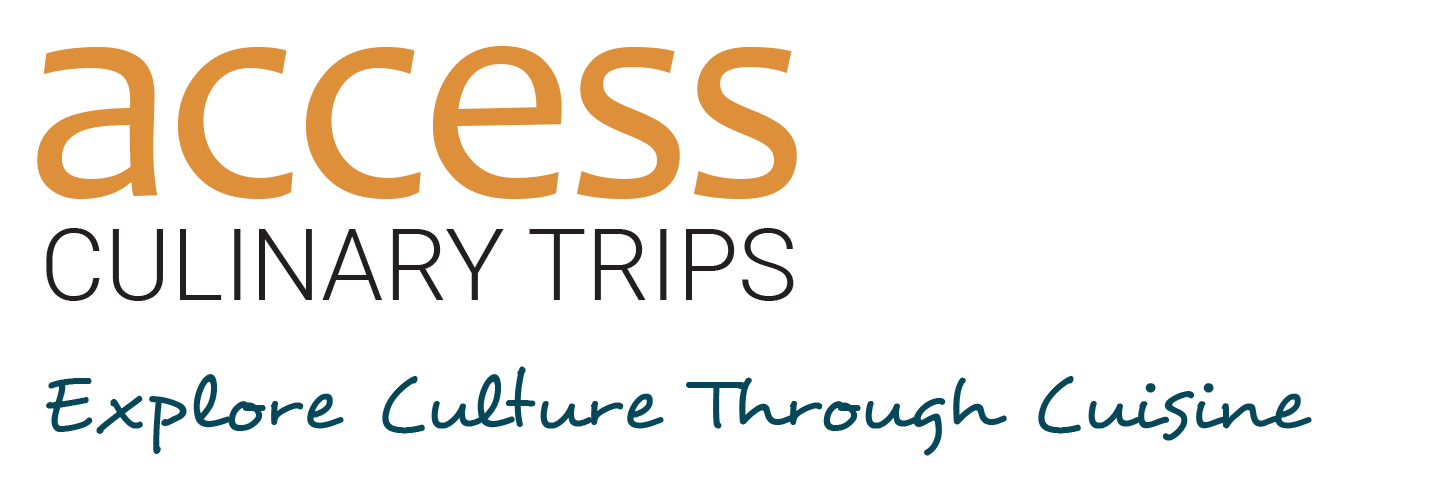Welcome to the Tobacco Capital of Cuba
Several hours from the bustling streets of Havana lies the serene, fertile Viñales Valley. These plains, nestled between impossibly steep stone cliffs, are the ideal location for growing tobacco. In this case, it's the tobacco that has captured the world's attention as the premier cigar plant.
Farmers in the Viñales Valley still rely on age-old farming techniques to plant, harvest and dry tobacco plants. Without readily available fuel or commercial fertilizers, much of Cuba's farm business is also organic. Horse and cart farming still reigns. Deft animals take to the terrain with skill — a contrast to farming in the U.S. with large equipment.
Once considered forbidden fruit, Cuban cigars are now heralded for their fine and smooth finish and low nicotine content. Now that travel between the U.S. and Cuba is becoming more accessible, the world is taking aim at these once off-limits treats—and you don't have to be a regular smoker to appreciate the art and science behind a good Cuban cigar.
The tobacco leaves are harvested, dried and then carefully rolled into this prized product. With tensions easing, American travelers can now bring back $100 worth of tobacco products.
With that in mind, it's best to know how to take care of your precious cargo. At Access Culinary Trips we visit a third-generation tobacco farmer in the Viñales Valley who takes cigar making to another level. His leaves are stripped of their stems, reducing nicotine further, and then marinated in honey and spices. Once dried and rolled, our guests taste their first cigar after it's been dipped in honey once more. It's an experience not to be missed.
After our cigar farm tour, we’ll dine at a delicious private restaurant with panoramic views across the entire valley, and stroll through their organic farm. After lunch, we will wander through the Soroa Orchid Botanical Garden and explore Las Terrazas, which is a Unesco Biosphere Reserve and the site of one of the oldest coffee plantations in Cuba, before returning to Havana with full bellies and happy hearts.
Learn more about our Cuba Culinary Tour and explore Cuban culture through its cuisine.

